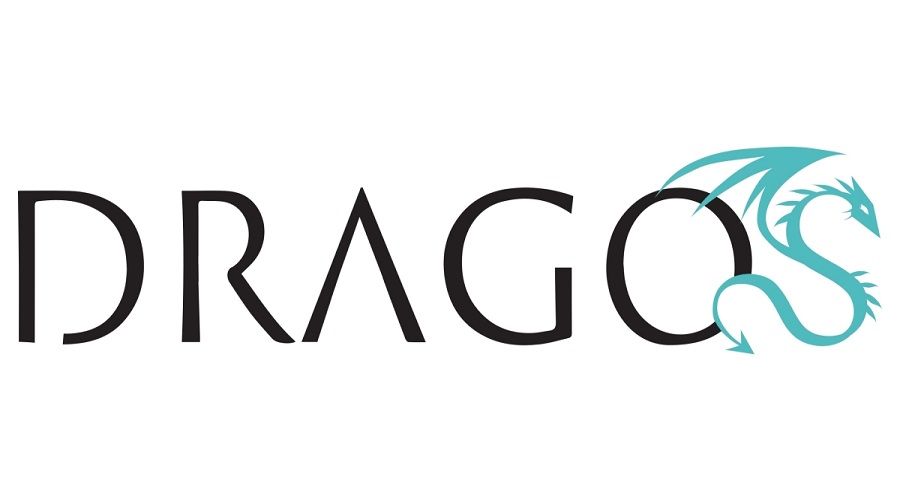Saudi Aramco Energy Ventures invests in US-based Dragos

Source: TechCrunch
Cybersecurity firm Dragos has raised $110 million in its Series C, almost triple the amount that it raised two years ago in its last round.
Dragos was founded in 2016 to detect and respond to threats facing industrial control systems (ICS), the devices critical to the continued operations of power plants, water and energy supplies, and other critical infrastructure. The company’s threat detection platform — its moneymaker — helps companies with industrial control systems defend against hackers trying to get into important operational systems. Its platform kicks out hackers that could shut down manufacturing lines or control energy supply systems, while its research arm keeps tabs on the hackers that can break into these highly complex and segmented industrial networks in the first place.
The startup’s latest round was led by National Grid Partners and Koch Disruptive Technologies, with both firms adding a member each to Dragos’ board. The round also saw participation from Saudi Aramco Energy Ventures and Hewlett Packard Enterprise, as well as return investors Allegis Cyber, Canaan Partners, DataTribe, Energy Impact Partners and Schweitzer Engineering Labs.
This latest round of funding will help the company with its go-to-market efforts, as well as growing its customer support team with 30 staff and building up its sales and marketing team. Lee said the company’s priority had been to work on its threat platform, and less selling it.
About one-third of the company’s employees work in software engineering to build its threat platform.
Dragos founder and chief executive Robert Lee said the pandemic, which forced vast swathes of the world to work remotely from home under lockdown restrictions, served as a wake-up call for companies with critical infrastructure.
“When you’re talking about critical infrastructure sites and people’s utilities, you need to put your best foot forward on the tech first,” he said.
Many companies were already trying to adapt with the digital age, but Lee said many companies realized they had underinvested in ICS security.


